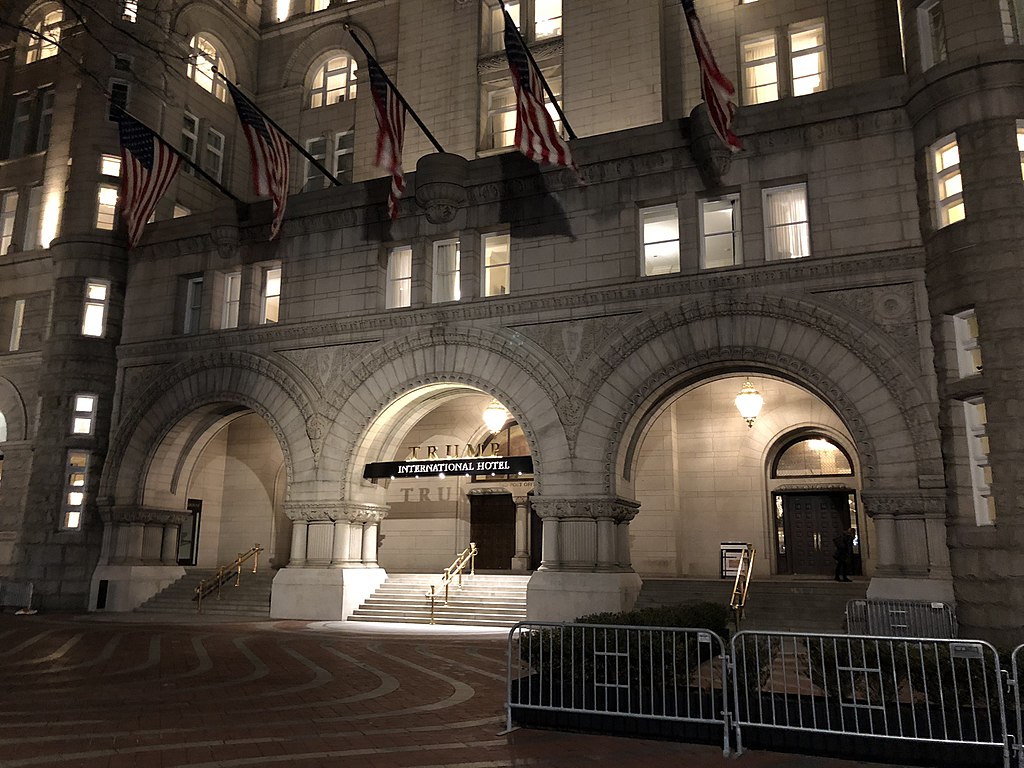The Supreme Court said Monday that it would take up a years-old legal bid by House Democrats to obtain federal information about former President Trump’s lease of a Washington DC building he used as a hotel.
Trump International Hotel, formerly the Old Post Office building in the nation’s capital, opened shortly before Trump became President in 2016.
Soon after Election Day that year, 11 Democrats on the House Oversight Committee, led by the late Rep. Elijah Cummings of Maryland, requested unredacted lease documents and expense reports related to the Old Post Office. They invoked a federal law directing executive agencies to turn over certain information to federal oversight committees.
The General Services Administration (GSA), which manages federal government real estate, turned over those documents in January 2017. Later that same month Cummings and three other House members requested additional information, including monthly reports from Trump’s company and copies of correspondence with Trump’s transition team, which Trump refused to turn over. In the fall of 2017, the Democrats filed suit.
The hotel became a point of controversy because from the start of Trump’s presidency he used it to profit from Republican politicians, companies and foreign governments in exchange for political favors. That was despite the hotel’s lease being held by the GSA and, Democrats and others had asserted, in violation of the Constitution’s emoluments clause.
In 2021, just days after Trump left office, the Supreme Court tossed several outside emoluments lawsuits related to the hotel. In 2022, the Trump family sold the hotel to a Miami investor group that rebranded it as a Waldorf Astoria.
Six of the House lawmakers who filed the initial lawsuit in 2017, including the late Cummings, no longer serve in Congress.
However, the GSA is now appealing to the Supreme Court a lower court’s ruling that allowed the House Democrats’ lawsuit to proceed even so. The federal agency asserts that it is important to wipe the appellate ruling from the books because it otherwise could lead to a flood of lawsuits from individual members of Congress.
The Supreme Court plans to hear arguments in the fall.


